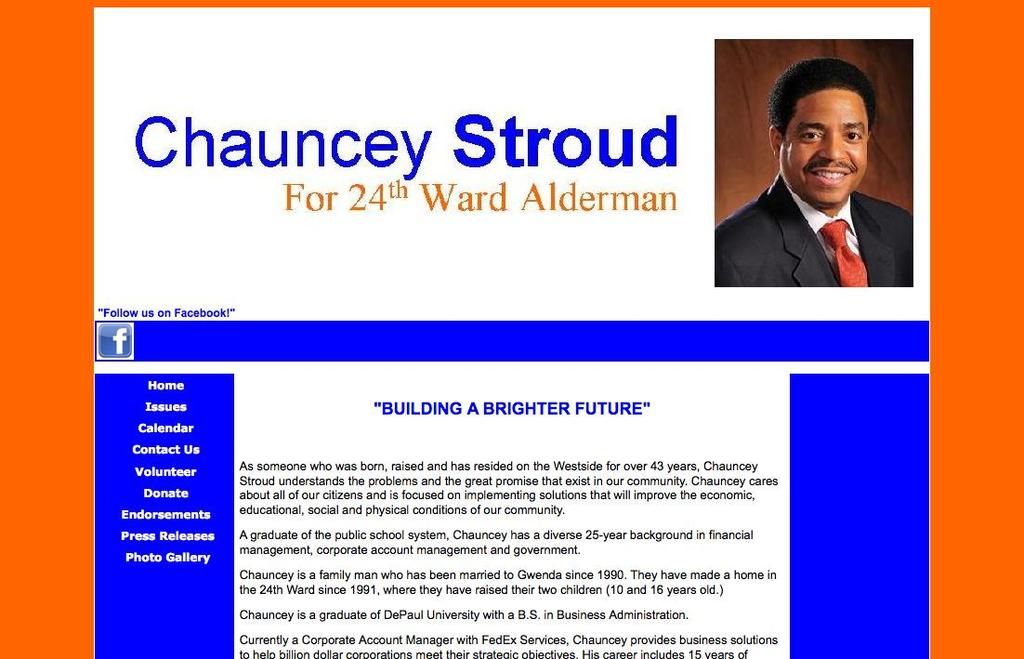Unraveling the Spread of Misinformation & its Impact on Health
Discussion with Matthew Facciani
The modern era of digital communication and social media has transformed the way health-related misinformation proliferates, with devastating consequences for public health. In the thick of this issue is Dr. Matthew Facciani, a social psychologist, author, and misinformation researcher, striving to illuminate the whys and hows behind the dissemination of false health claims and the role institutions can play in communicating science effectively and equitably.
In a captivating conversation, we discuss the surge of coordinated misinformation campaigns, the pursuit of control in uncertain times, and opportunities to restore trust through vulnerability, transparency, and profound dialogue. Matthew candidly acknowledges the obstacles, yet remains hopeful. "It comes down to both competence in science and the warmth of connection," he says. "People trust you when they believe you care."
The Most Dangerous Health Misinformation
Today, the deadliest misinformation targets vaccines. In recent years, this issue has intensified, particularly during and following the COVID-19 pandemic. Vaccines—life-saving innovations with a proven track record of saving countless lives—have fallen prey to political manipulation.
Prior to the pandemic, anti-vaccine sentiments existed but were primarily found among the fringes of both the left and right. However, current research indicates a substantial rise in anti-vaccine sentiment among people identifying as politically conservative, with real consequences for public health, evident in measles outbreaks and people choosing not to get vaccinated during COVID, potentially losing lives or worsening the severity of illness.
The Route Misinformation Takes
These misinformation campaigns are highly orchestrated, trumpeted by influential social media accounts that reinforce one another's false claims. This organized misinformation bubble draws inspiration from powerful sources and exploits the desire for control, which is deeply rooted in the human psyche.
Furthermore, public health institutions have found themselves especially susceptible to misinformation, likely due to the personal and often terrifying nature of health issues. People seek control in uncertain times, making simple solutions such as "take this supplement" alluring. Add to this the long-standing distrust against pharmaceutical companies, and it's no wonder that charismatic influencers can manipulate fears and vulnerabilities, often for personal gain.
A New Strategy for Health Communication
After the COVID-19 pandemic, the Centers for Disease Control and Prevention (CDC) and National Institutes of Health (NIH) admitted to communication mistakes, such as overconfident statements when the science was still uncertain. For example, changing mask guidance created a whiplash effect that eroded trust. If they had communicated with more nuance, acknowledging uncertainty from the beginning, they could have built more credibility and avoided undermining trust.
Public health experts are calling for a new set of tools and strategies to combat the rising tide of misinformation, urging institutions to incorporate insights from social science and communication research, which has been available for decades. Authentic engagement with communities, creating partnerships, and actively listening to concerns are seen as key factors in rebuilding trust and ensuring a more informed public.
Working in Polarized Times
Public trust in science and evidence-based policies has taken direct hits in recent years. In this polarized environment, it can be challenging to maintain hope. But, as Matthew observes, "People genuinely care about their health." With a focus on connecting with communities, filling institutional gaps, and sharing high-quality science in a way that truly resonates with people, we can navigate this difficult landscape and continue to make progress in the realm of public health.
Science plays a crucial role in debunking health misinformation, yet its effectiveness can be hindered by the proliferation of false health claims, particularly in the context of vaccines. To combat this, public health institutions must adopt a new strategy that incorporates insights from social science and communication research, focusing on authentic engagement with communities, creating partnerships, and actively listening to concerns to rebuild trust and ensure a more informed public.




